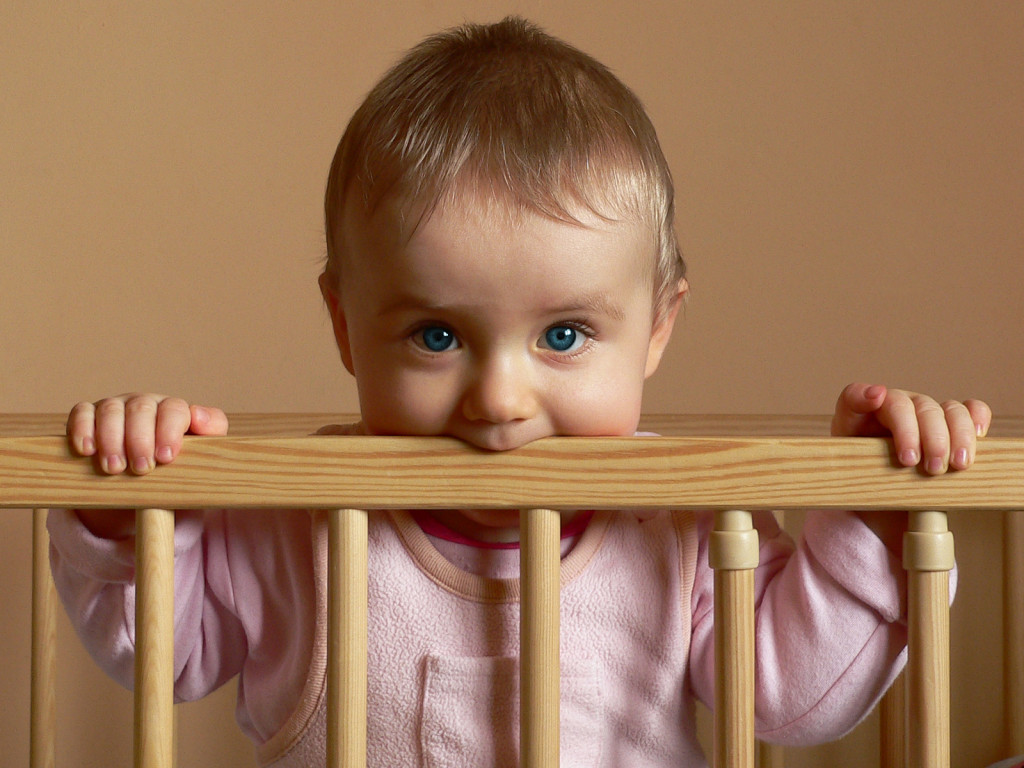Reasons Why Children Bite
There are many reasons why toddlers and infants bite, however it is still not known or understood why some children bite while others do not. Despite this there are six main reasons why your child or a child in your classroom resorts to biting.
- Exploration: Infants and toddlers are learning and growing which means putting everything in their mouth. Most infants and toddlers do not understand the difference between toys and people, therefore it’s hard to teach them no bite in terms of biting people.
- Teething: Is unavoidable, and infants and toddlers put everything in their mouth to help soothe their gums from the pain of teething. Whether it’s a toy or person, the child may simply be trying to rid their gums of discomfort.
- Cause and Effect: Some children bite to see what happens. They drop a toy from the crib and watch it fall, they learn you will pick it up. Same goes for biting, they bite you or a child to see what happens.
- Attention: Some children bite as a result of feeling invisible or left out. Even negative attention is good attention in the eyes of a child who feels left out of a group.
- Imitation: Toddlers and infants learn through imitation. If they see another child bite and the child gets what they want, the observing child is likely to try biting the next time they want something.
- Frustration and Stress: Just as adults feel frustrated stress so do infants and toddlers. Whether it be because they don’t know the words, are lacking a daily schedule or routine, or there was a recent major event (divorce, move, death, ect.) in their life, children will resort to biting.
What can you do?
- Check for patterns. When and where does the biting occur? For instance biting in day care, a toddler may be reacting to a chaotic classroom or another child teasing or annoying that child. Also, anxiety may be a contributor to biting. Not knowing what is happening in their day can cause biting. Try using sign language to help a toddler develop some type of communication since talking is not fully developed.
- Extreme / Excessive biting– Parents should check with their pediatrician to rule out underlying conditions such as expressive speech delay, sensory processing disorder or autism spectrum disorder.
Expressive speech delay-children can understand language but cannot express themselves. A speech therapist may be in order here.

Sensory processing-These children are either under or overly sensitive to what they see, hear, smell or touch. They may overreact to loud sounds etc. They need to be seen by a professional health care person trained to understand and tach child to cope with SPD.
Autism- This condition often makes it much more difficult for children to communicate without special help. For instance, parents of autistic children usually notice a lack of skills or development delays between 15-18 months of age.
We, in Baby Power Forever Kids, have successfully had all children enrolled including autistic children. Due to our structured classes, children are comfortable since they know what is coming next. We ask parents to bring their child to the center a few times before classes begin to familiarize the child with the place, the teachers and all the fun activities in which they will participate.
When a child knows what to expect, life becomes calm and lots of fun and 99% will not bite.
Recent Posts
Categories
- Air travel
- Anxiety
- Babies
- Baby Allergies
- Baby Power
- Children
- Daycare
- Eating Habits
- Educational
- excercise
- franchise
- Gifted Children
- Grandparents
- Holidays
- Kindergarten
- Learning
- Mental health
- milestones
- Misbehaving
- Moving
- Music
- newborns
- Parenting
- Play
- Potty Training
- Prevent Holiday Stress
- Restaurants
- self care
- Swimming
- Toddlers
- Toddlers Covid-19
- Toddlers in Summer
- Uncategorized
- Vaccines
© Copyright 2023
Digital Marketing by Local Seven

Leave a Reply